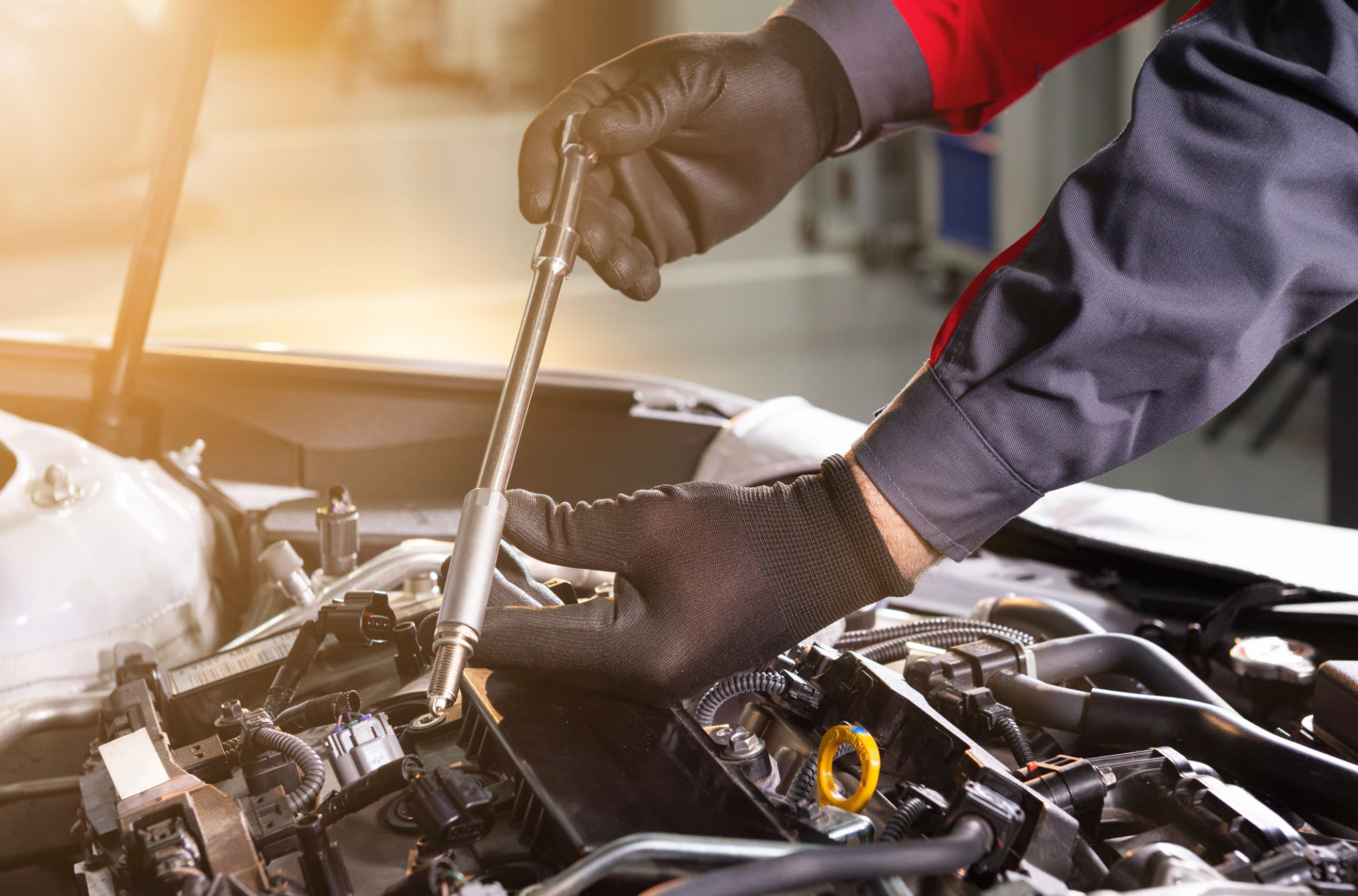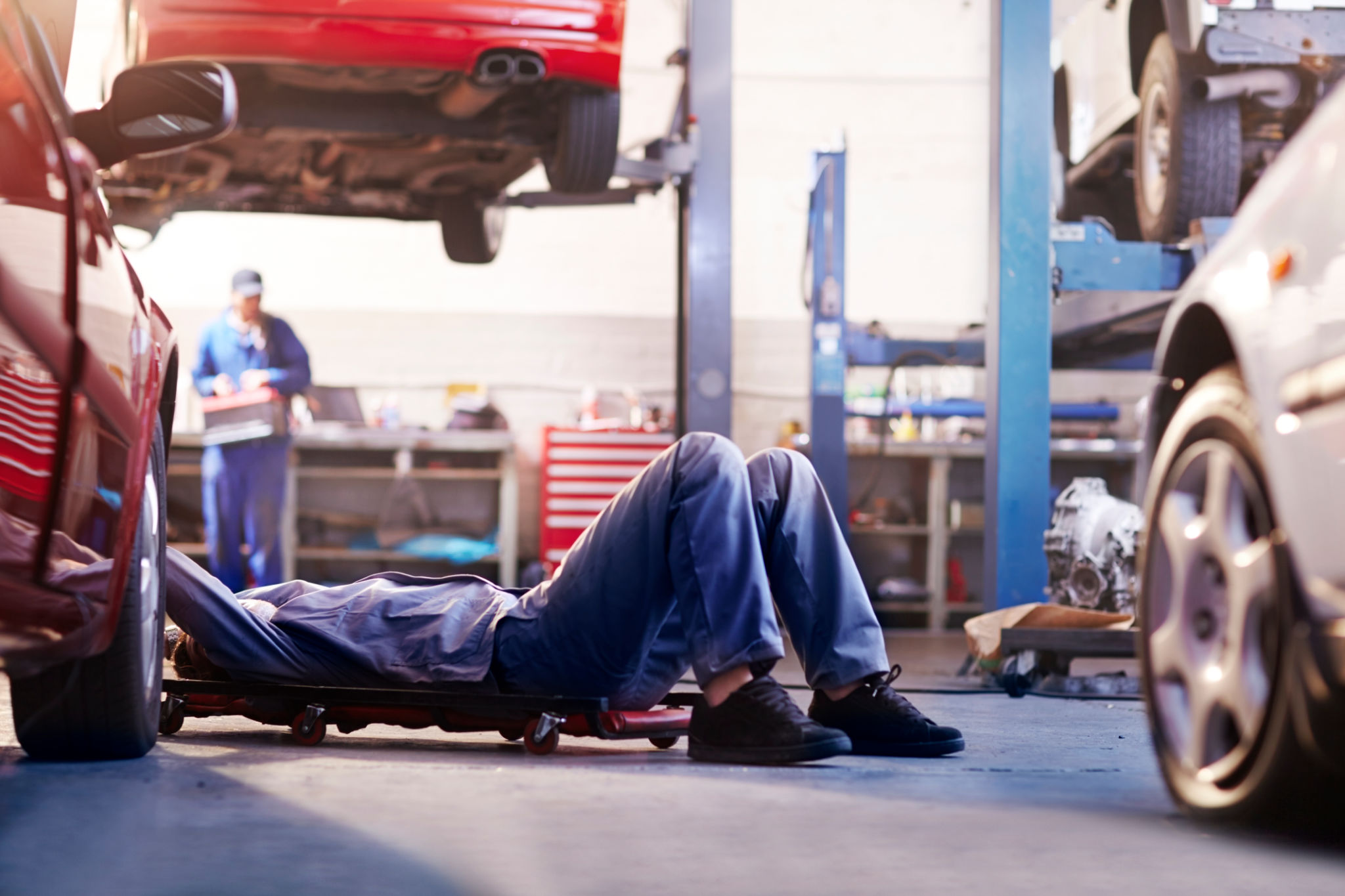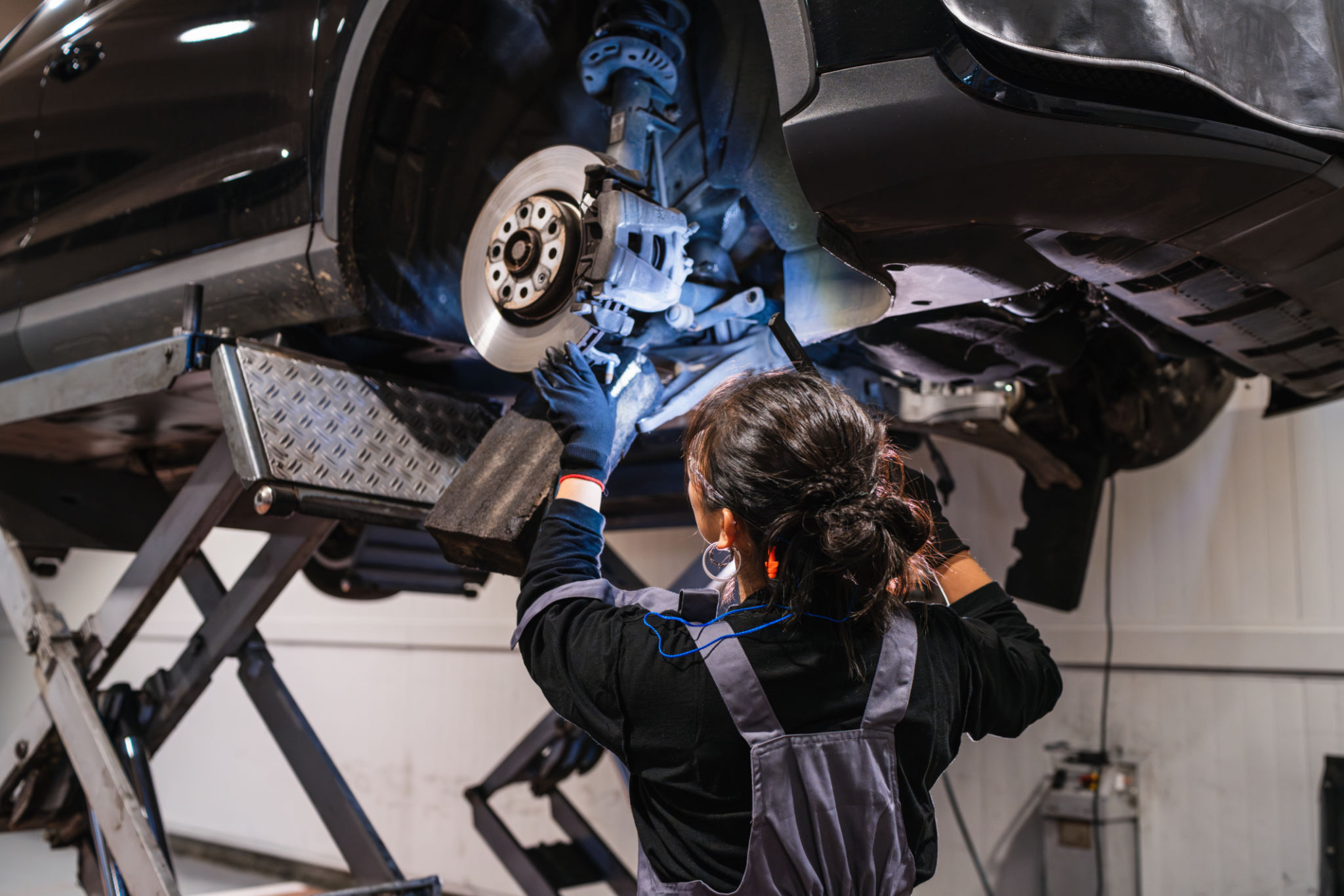DIY Car Maintenance: What You Can Do and When to Call a Pro
Understanding DIY Car Maintenance
Maintaining your vehicle can be a rewarding and cost-effective endeavor. With the right knowledge and tools, you can perform many routine maintenance tasks on your own, saving time and money. However, it's also important to recognize when a task is beyond your skill level and when it's time to call in a professional. This guide will help you understand the basics of DIY car maintenance and distinguish between what you can handle and what should be left to the experts.

Simple Maintenance Tasks You Can Perform
Oil and Fluid Checks
Regularly checking your car's oil and fluid levels is a simple yet crucial maintenance task. Ensure your engine oil, brake fluid, coolant, and windshield washer fluid are at appropriate levels. To check the oil, simply remove the dipstick, wipe it clean, reinsert it, and then remove it again to see the level. Keeping these fluids topped up can prevent more significant issues down the road.
Tire Maintenance
Maintaining your tires involves checking their pressure and ensuring they are properly inflated. This not only extends the lifespan of your tires but also improves fuel efficiency. Additionally, inspect your tires for any visible damage or unusual wear patterns that might indicate alignment or suspension issues.

When to Call a Professional
Complex Engine Repairs
While changing your oil or replacing an air filter is manageable for most DIY enthusiasts, complex engine repairs require professional expertise. Issues like engine misfires, significant oil leaks, or unusual noises often need specialized tools and knowledge. Attempting these repairs without adequate experience can lead to further damage.
Brake System Repairs
Your car's brake system is vital for safety, and while you can replace brake pads at home if you're confident in your skills, any problems with brake lines or rotors should be addressed by a professional. If you experience any symptoms like squeaking brakes or a spongy pedal, it's best to consult an expert.

Balancing DIY and Professional Work
Knowing when to perform maintenance yourself and when to seek professional help is key to keeping your car running smoothly. While routine checks and minor tasks can be handled at home, don't hesitate to contact a trusted mechanic for more complex issues. Proper care ensures your vehicle remains reliable and safe on the road.
Regular Professional Inspections
Even if you're diligent with DIY maintenance, regular professional inspections are essential. A trained mechanic can spot potential issues that might not be evident during routine checks. Scheduling a comprehensive inspection once or twice a year can prevent costly repairs in the future.

By combining DIY efforts with professional expertise, you can maintain your vehicle effectively and ensure its longevity. Embrace the tasks you feel comfortable with, but never compromise on safety by ignoring the need for professional intervention when necessary.
